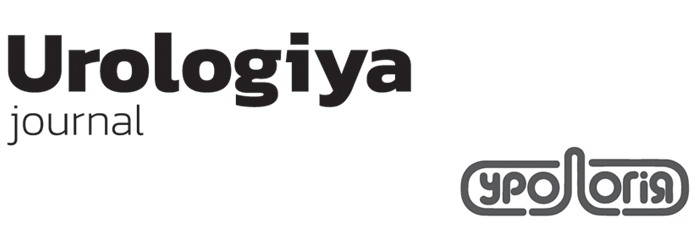O.V. Lyulko, A.L. Suvaryan
One of the mechanisms of reproductive disorders in varicocele is a dysfunction of the hypothalamic-pituitary axis. The investigations involved 75 patients with varicocele, aged from 18-45: 19 patients with varicocele of the Ist degree (Group 1), 24 - of the IInd degree (Group 2), 32 - IIIrd degree (Group 3). The hormonal results were compared to the data from the control group of 18 healthy males, aged 22 to 44 years with preserved fertility (normozoospermia), who married for 3-10 years and have healthy children. Concentrations of testosterone, follicle stimulating (FSH) and luteinizing hormone (LH), estradiol and prolactin in serum were defined by a radioimmune method. method. We established significant decrease in testosterone levels in patients with varicocele in comparison with a control group: in the patients of Group 3 in 2.3 times decrease of testosterone level was registered. In Groups 1 and 2 we registered decrease of testosterone levels in 1.7- and 1.5 times. The FSH levels in Groups 2 and 3 were 1.5 and 1.4 times higher as compared with the control group. As a group, significant changes have been reported. We registered increase of LH in the Group 1 in 2.1 times compared with control. In the Groups 2 and 3 we registered decrease in LH levels, which was close to the control group. Levels of prolactin and estradiol were not changed estradiol were not changed, as compared with the control group. In patients with varicocele, significant decrease in testosterone levels caused by lesions of Leydig's cells occurs cells occurs. Increase of FSH suggests damage to seminiferous tubules and Sertoli cells.

